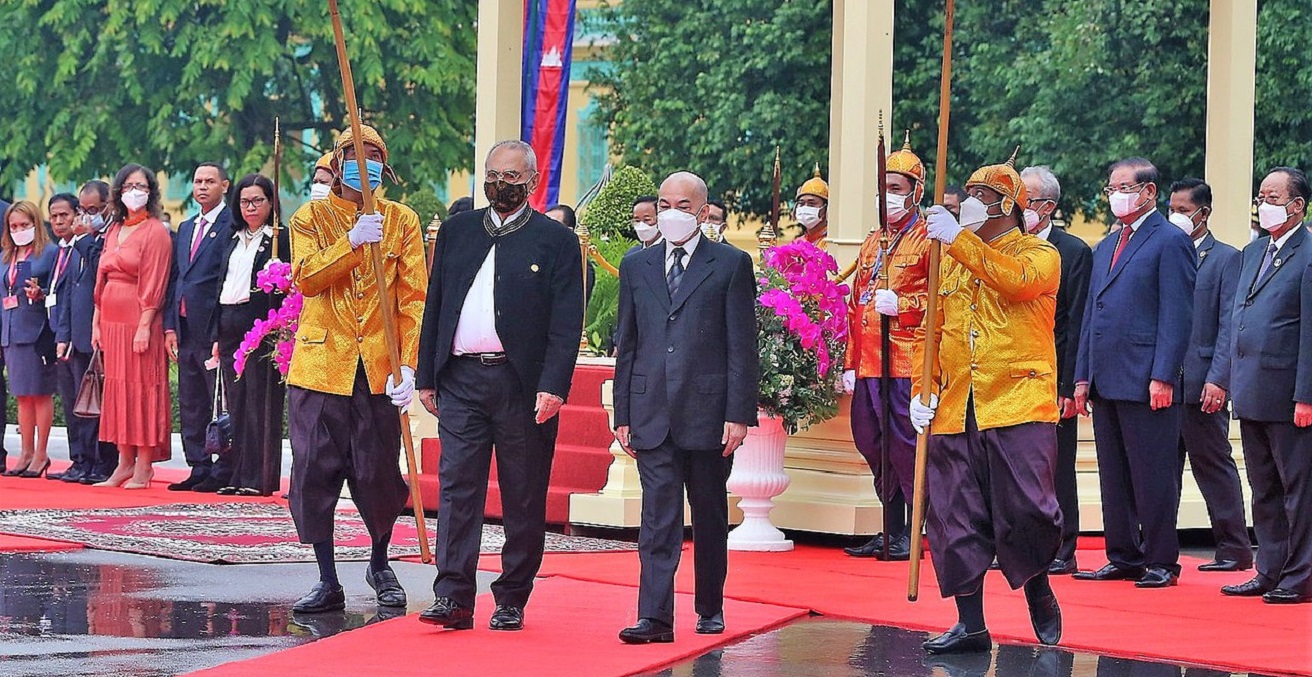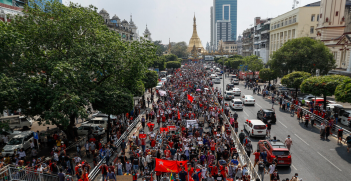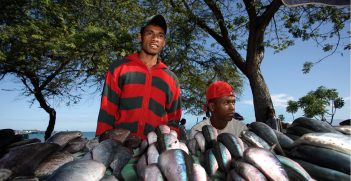ASEAN "Membership": What is Next for Timor-Leste and ASEAN?

After more than a decade, Timor-Leste has finally received the consensus of ASEAN to be its 11th member. While there are some difficulties ahead, a new generation of relations has begun.
It was a long wait for Timor-Leste when ASEAN eventually agreed in principle to admit it as the regional bloc’s 11th member, as announced in a statement during the 40th and 41st ASEAN Summits and related summits under the chairmanship of Cambodia. Timor-Leste is now granted the observer status that would enable it to participate in all ASEAN meetings and summit plenaries until full membership is achieved.
In response, on 11 November 2022, the Timor-Leste government stated that it welcomed the news; the statement, however, is also assertive in that it requested ASEAN grant full membership to Timor-Leste by 2023 at the 42nd ASEAN Summit. It is an important moment back home in Timor-Leste personally for President Jose Ramos Horta, as he was also the president when Timor-Leste first applied for membership in 2011.
Across the ASEAN member states, most have welcomed the development as an expected, somehow natural decision. This development, too, received a positive response from non-governmental organisations across the region, as Timor-Leste has long been accepted and, most of the time, included as part of the region on issues such as human rights and democracy.
When the news was released, state leaders and key policy-makers in Timor-Leste welcomed the decision; however, the reaction of the Timorese, in general, was not overly enthusiastic. After more than a decade of waiting for membership, it is undeniable that some Timorese have developed scepticism as to whether ASEAN is truly a supportive regional bloc. The small country of 1.3 million population has long felt disconnection and loneliness in its journey.
How can Timor-Leste and ASEAN utilize this opportunity for mutual benefit?
Geographically, Timor-Leste is located in the area covered by ASEAN. Nevertheless, the country’s regional identity is far more complex. In a previous article I argued that Timor-Leste’s regional affiliation with ASEAN was made more challenging by its quest to assert itself as a nation in the making. Internationally, and as a small state, the relationship between Timor-Leste and China has been the focus of recent discussions, particularly as China’s “soft power” and global resource diplomacy grows. Issues also arise on how Timor-Leste balances its two most significant neighbours, Australia and Indonesia, and its involvement with the global Lusophone community. Timor-Leste is also an active player in other blocs, such as the Community of Portuguese Language Countries (CPLP) and G7+.
As one of the newest actors in the international arena, and as a small state, Timor-Leste has had to formulate a foreign policy that guarantees worldwide recognition and establishes the country as a credible actor. So far it has done this by not neglecting its nearest neighbours. But even with its success, Timor-Leste is often seen as an intrinsic part of the ASEAN community due to commonalities and cultural ties with other ASEAN members. To be sure, such traits can be leveraged for greater regional integration and acceptance.
While Indonesia is seen as one of the strongest supporters in pushing Timor-Leste to be a full member of ASEAN, it cannot be ignored that there is some local discomfort with the country that occupied them for 24 years. Moreover, ASEAN member states need to accept the fact that most of them were not supportive of their independence struggle in the past. That said, and in moving forward, there is a growing sentiment to looking at this problem differently. That is, there is an opportunity for Timor-Leste and the other 10 ASEAN countries to forge closer relations in the interest of growing their vibrant economies and contributing to regional stability, either bilaterally or multilaterally.
Trust must be built
However, this can only be realised by establishing awareness and embracing each other’s differences. Trust needs to be built, not only at the elite level but among the Timorese in general and towards this new regional bloc they are now part of. Until today, ASEAN has faced challenges in portraying itself as a people-centred bloc. This reality requires open discussion and understanding to ensure that the inclusion of Timor-Leste in the regional bloc could somehow break such a barrier.
Domestic politics and policy, too, are areas that need to be observed and examined in Timor-Leste’s journey into ASEAN. Nationally, there is a need to increase the discourse of Southeast Asian politics and of ASEAN in Timor-Leste; that is, by mainstreaming it into education and public discourse. The significance of Timor-Leste’s admission to ASEAN goes beyond economic benefits to the realm of security-building and identity formation. Awareness and understanding of what ASEAN is about, how Timor-Leste can benefit from it, and how other ASEAN member states can also prosper from it are important.
Khoo Ying Hooi, PhD is an Associate Professor and Department Head at the Department of International and Strategic Studies, Universiti Malaya. Her research lies at the intersection of human rights, democratisation and civil society actors focusing on Southeast Asia. She can be contacted at yinghooi@um.edu.my.
This article is published under a Creative Commons Licence and may be republished with attribution.





